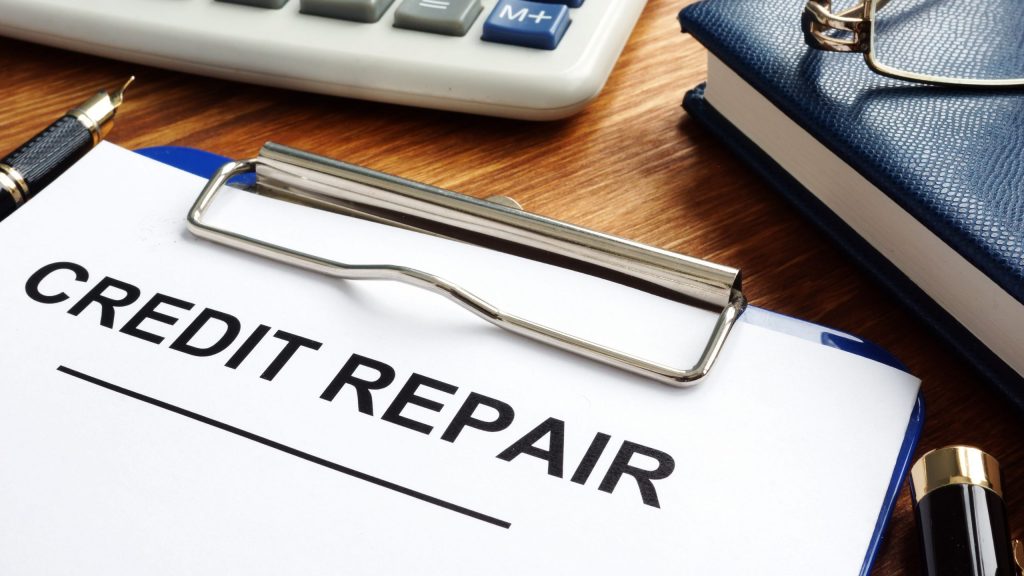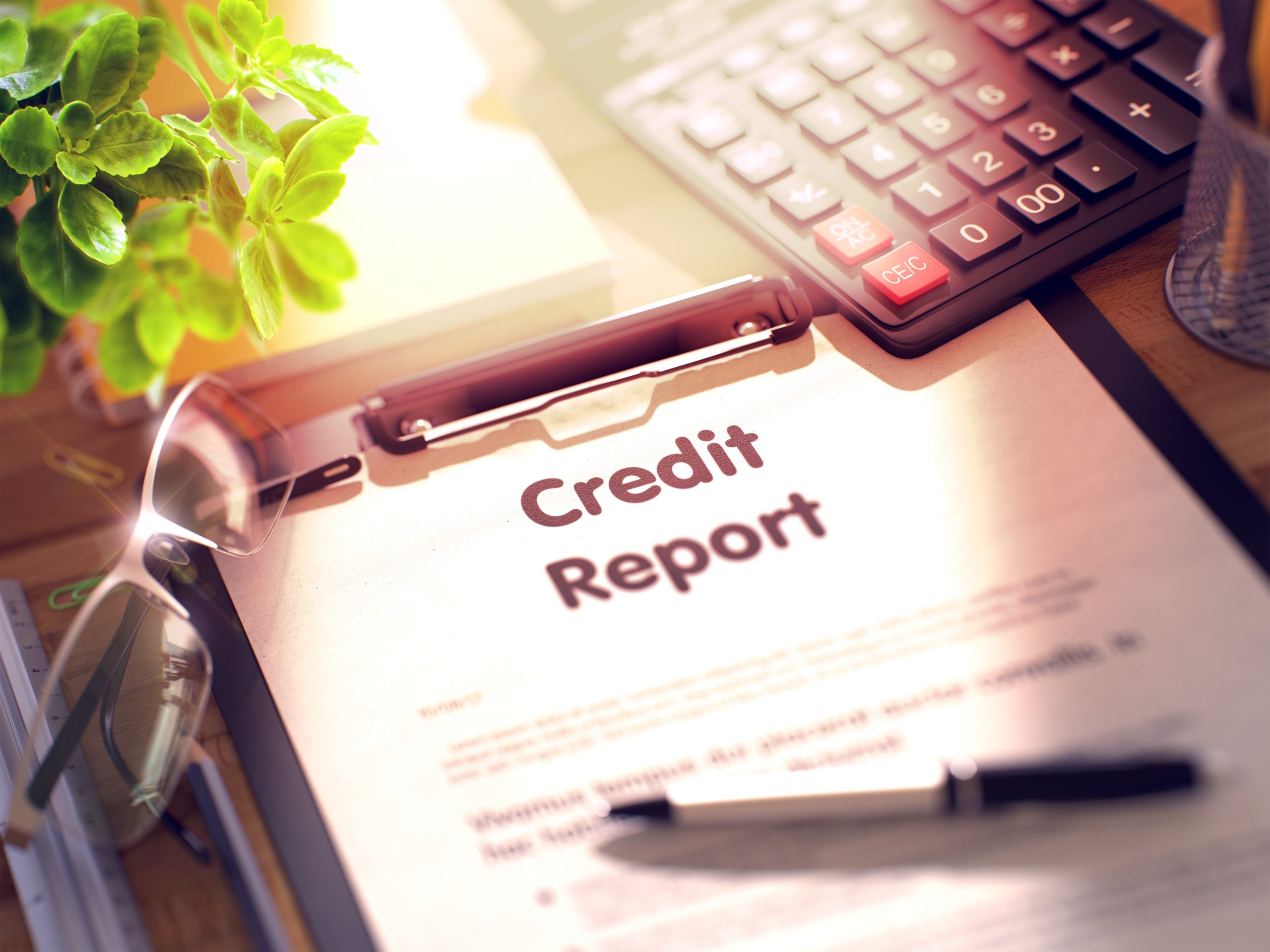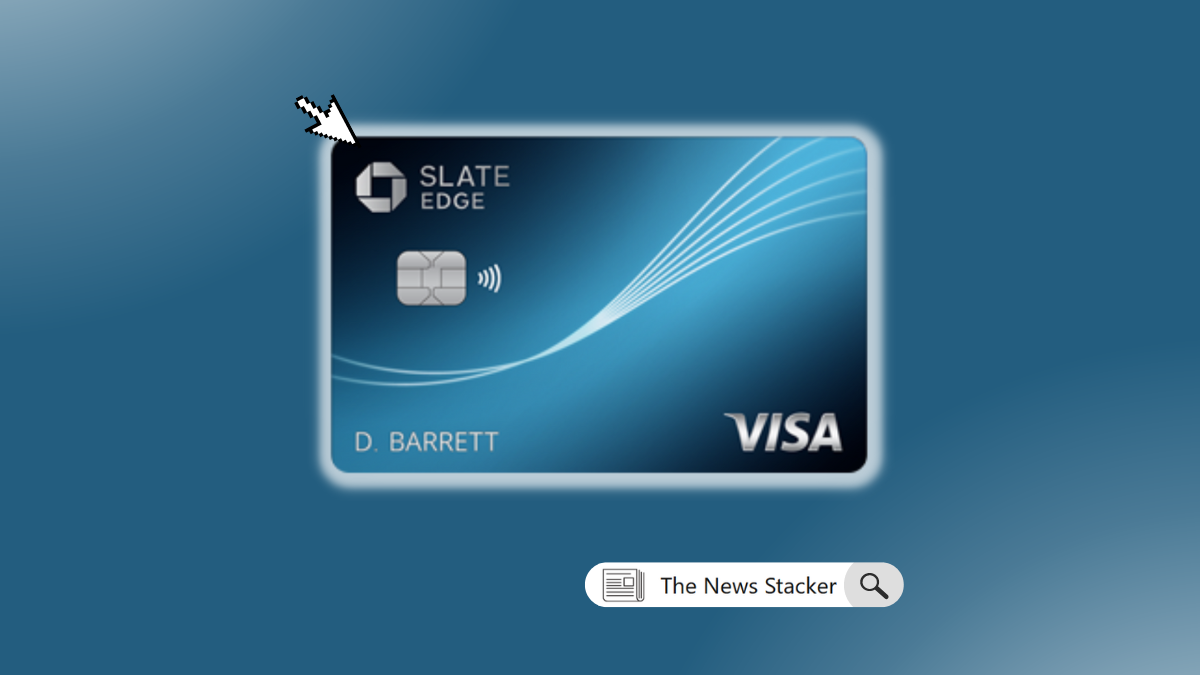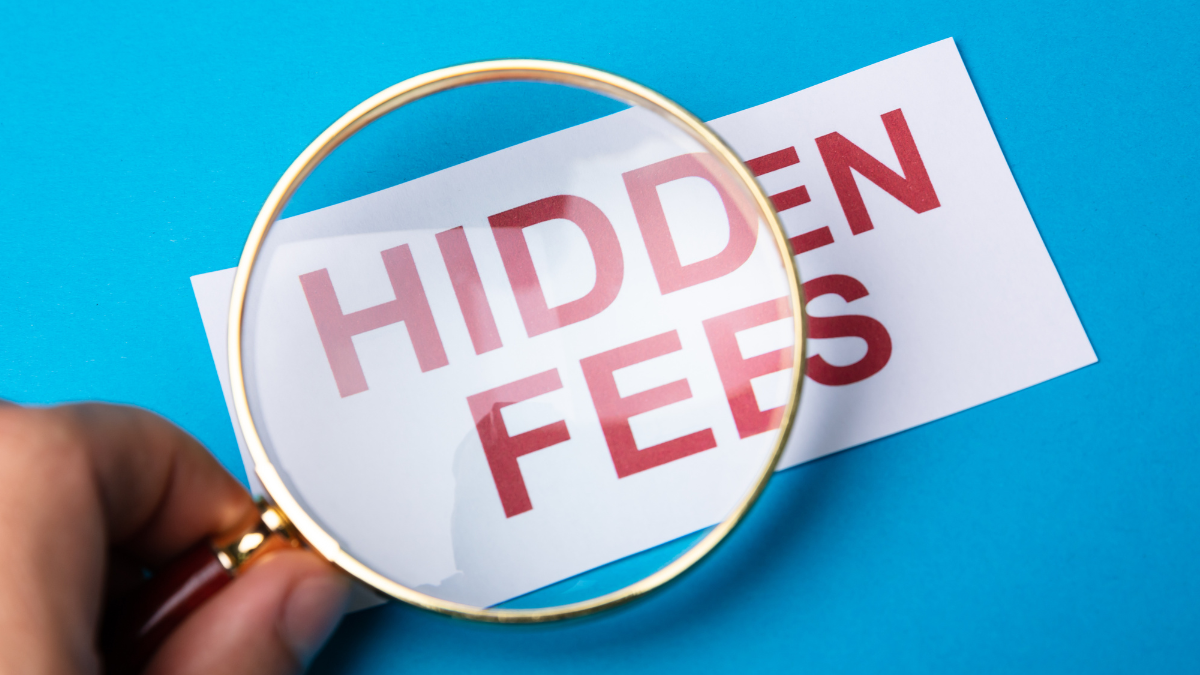Credit Cards (US)
10 common credit repair myths: separate fact from fiction
See the top ten most pervasive myths about credit repair. We'll help you separate fact from fiction and get started on your journey to a better financial future!
Advertisement
Debunk the top 10 myths about credit repair

Credit repair is the process of addressing negative marks on your credit report in order to improve your credit score. Let’s debunk some common credit repair myths!
Several different methods can be used in credit repair, including disputing inaccuracies, negotiating with creditors, and making payments on time.

How credit unions can help you build your credit
If you're looking to establish or build your credit, a credit union is a place to start. Learn more about how they work and the benefits they offer!
Everyone knows someone who claims to have “fixed” their credit.
And while credit repair is a legitimate industry, there are many myths and misconceptions about what it actually is—and what it can (and can’t) do for your credit score.
You may have heard some things that are keeping you from getting started. Don’t worry – we’re here to help dispel some of the most common credit repair myths.
With some knowledge and elbow grease, you can improve your financial situation and regain control of your life!
Fact or fiction? The truth about credit repair
When it comes to credit repair, there are a lot of myths and misinformation out there. It can be tough to know what’s true and what’s not, especially when you’re trying to rebuild your credit.
To help set the record straight, here are 10 common credit repair myths.
You will be redirected to another website
By submitting this form, I agree that I am 18+ years old and I agree to the Privacy Policy and Terms and Conditions. I also provide my signature giving express consent to receive marketing communications via automated emails, SMS or MMS text messages and other forms of communication regarding financial products such as credit card and loans. Message frequency varies and represents our good faith effort to reach you regarding your inquiry. Message and data rates may apply. Text HELP for help or text STOP to cancel. I understand that my consent to receive communications is not a condition of purchase and I may revoke my consent at any time.
Myth #1: Only People with Bad Credit Need Credit Repair Services

Anyone can benefit from credit repair services. Sure, if you have bad credit, you’re probably looking for help to improve your credit score.
But even if you have good credit, you might still want to use a credit repair service to help you monitor your credit report and make sure there are no errors that could be dragging down your score.
Myth #2: You Can Do Credit Repair Yourself
While it is possible to dispute errors on your credit report, it’s not always easy—especially if you’re unfamiliar with the process.
And even if you are familiar with the process, it can still be time-consuming and frustrating—especially if the dispute isn’t resolved in your favor.
That’s where professional credit repair services come in. They have the knowledge and experience to help you get results—fast.
Myth #3: Credit Repair Is Expensive
There are a lot of free resources out there that can help you repair your credit (like this one!). But if you want to use a professional service, it doesn’t have to break the bank.
Many companies offer affordable monthly plans that give you access to all the features and tools you need to get results.
Myth #4: All Credit Repair Companies Are a Scam
Unfortunately, there are some unscrupulous companies out there that will try to take advantage of people who are struggling with their credit scores.
But not all companies are like this! Many reputable, reliable credit repair companies can help you improve your credit score if you research before choosing one.
Myth #5: Credit Repair Is Instantaneous

If only! While professional help can speed up the process, repairing your credit takes time—usually anywhere from three to six months.
It depends on how bad your situation is and what steps need to be taken to repair your credit. So if anyone tries to tell you they can instantly fix your credit, they’re probably not being completely honest.
Myth #6: Credit Repair Companies Can Remove All Negative Information from Your Report
FACT: Unfortunately, there’s no such thing as a “quick fix” when it comes to credit repair.
While credit repair companies can help you improve your credit score over time, they can’t erase accurate negative information from your report.
So, if you have accurate negative items on your report, the best thing you can do is work on improving your other credit factors to offset them.
Myth #7: Closing Unused Accounts Will Improve Your Credit Score
FACT: This is actually one of the worst things you can do for your credit score, especially if you really need to repair your credit.
Why? Because closing unused accounts will shorten your average credit history, which will have a negative impact on your score.
Additionally, high balances on individual accounts can also drag down your score—so even if an account has a zero balance, keep it open and active to help improve your credit utilization rate.
Myth #8: Declaring Bankruptcy Is the Best Way to Start Fresh
FACT: Declaring bankruptcy should always be a last resort. It will make harder to repair your credit!
That’s because bankruptcy stays on your report for up to 10 years and can make it difficult—if not impossible—to get approved for new lines of credit during that time.
If you’re struggling with debt, talk to a financial planner or non-profit credit counseling agency about alternatives to bankruptcy before taking this drastic step.
Myth #9: You Need credit Card to Build Credit
FACT: You don’t need a credit card to build credit. In fact, there are many people who prefer not to use credit cards because they’re afraid of getting into debt.
If you’re one of these people, rest assured that there are other ways to build credit—including using a secured credit card or becoming an authorized user on someone else’s account.
Talk to a financial advisor about the best way to build credit without using a traditional credit card.
Myth #10: Checking Your Own Credit Score Hurts Your Score
FACT: Checking your own credit score will not hurt your score—no matter how often you do it. So if you’re worried about the impact that frequent checks might have on your score, don’t be!
Checking your own credit score is one of the best ways to catch errors and identify fraudulent activity early on.
The 5 Best Places to Find Your Credit Score Reports
When it comes to your credit score, you want to be as informed as possible. You want to know your credit score and what you can do to improve it.
Luckily, there are a number of places where you can find your credit score report for free. Check out the five best places in the next article.

The 5 Best Places to Find Your Credit Score Report
A good credit score allows you to get lower interest rates on loans, qualify for better loan terms, and much more. In this post, we will tell you the best 5 credit score
Trending Topics

What are the most downloaded apps of 2022?
Wondering which apps are the most popular? Check out our roundup of the top 8 most downloaded apps and find out what's hot right now.
Keep Reading
What is shrinkflation and how can you avoid it?
Do you know what shrinkflation is? Here's everything you need to know about this economic phenomenon and how to protect yourself from it.
Keep Reading
Deserve EDU Mastercard for Students credit card review: Unlock Cashback Rewards
Are you a student looking to kickstart your credit rating and gain some rewards? Check out our Deserve EDU Mastercard for Students review.
Keep ReadingYou may also like

See how to apply for the Chase Slate Edge℠ Credit Card
Learn how to easily request the Chase Slate Edge℠ credit card, with step-by-step instructions to get you up and running in no time.
Keep Reading
Top 10 Best Cities For Financial Independence 2023
Here are the top 10 best cities for financial independence in 2023, based on several factors. From housing costs to income levels and more!
Keep Reading
What are junk fees, and how is the White House tackling other rising costs?
Learn what junk fees are, how they can affect households nationwide, and what the President's administration is doing to tackle rising costs.
Keep Reading